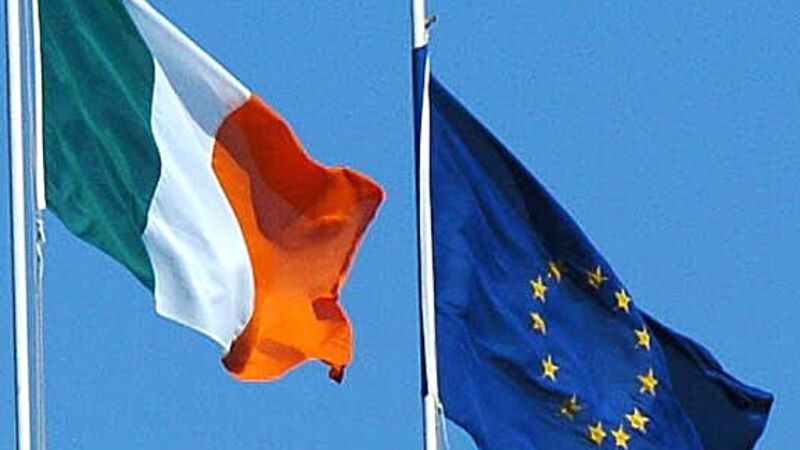EU financial transaction tax plan at risk of ‘withering and dying’

Ireland has said it is not interested in the tax unless all 28 member states are ready to adopt it, but is among the countries complaining about a lack of transparency among the 11 espousing it.
There are reports of huge rows among the countries that have said they want to adopt the ‘Robin Hood tax’, including France, Germany, Italy, and Spain.
















